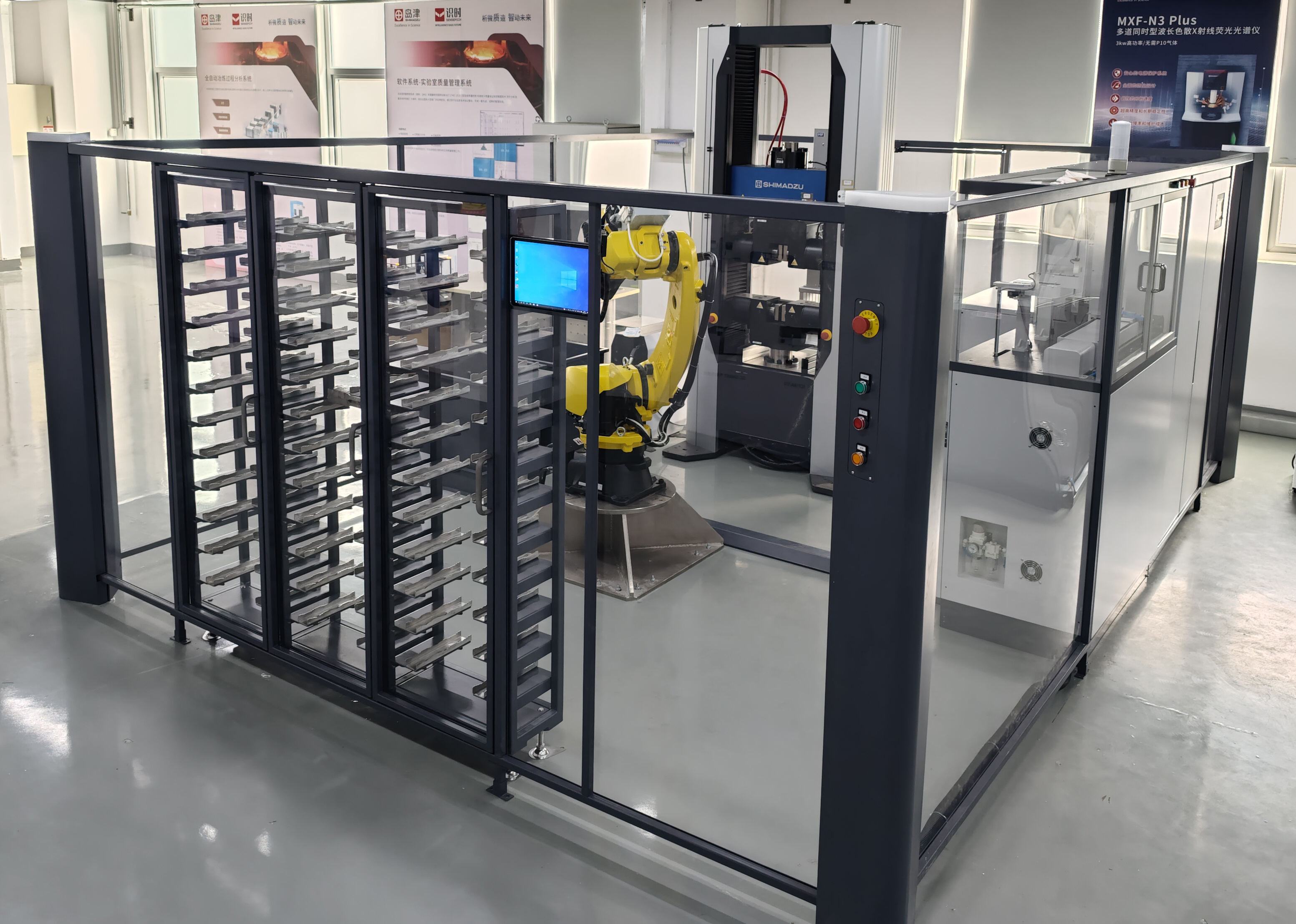tensile test properties
Tensile test properties represent fundamental mechanical characteristics that determine how materials respond to applied forces. This standardized testing method evaluates a material's behavior under controlled tension until failure occurs. The test measures essential properties including yield strength, ultimate tensile strength, and elongation, providing crucial data for material selection and quality control. During testing, specimens are subjected to precisely controlled forces while sophisticated instruments measure deformation and stress responses. These properties are vital for engineering applications, helping to predict material performance under various loading conditions. Modern tensile testing equipment incorporates advanced digital sensors and data acquisition systems, enabling real-time monitoring and analysis of material behavior. The results help engineers and manufacturers ensure product reliability, optimize design parameters, and maintain quality standards across industries. Applications span across automotive, aerospace, construction, and manufacturing sectors, where understanding material limitations and capabilities is crucial for safety and performance. The data obtained from tensile testing also supports research and development efforts, material certification processes, and compliance with industry standards.


